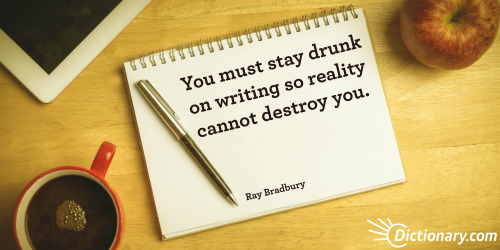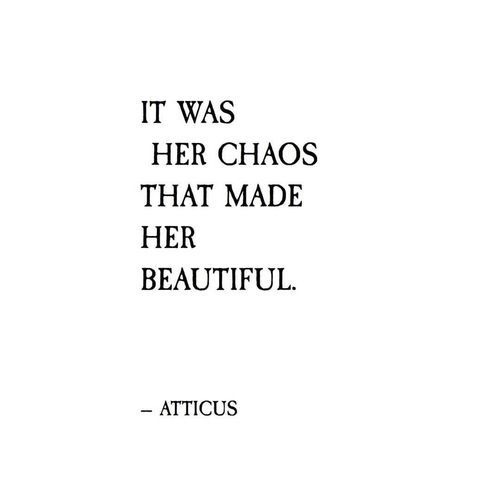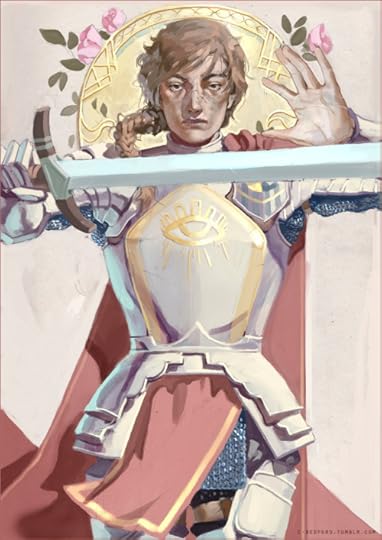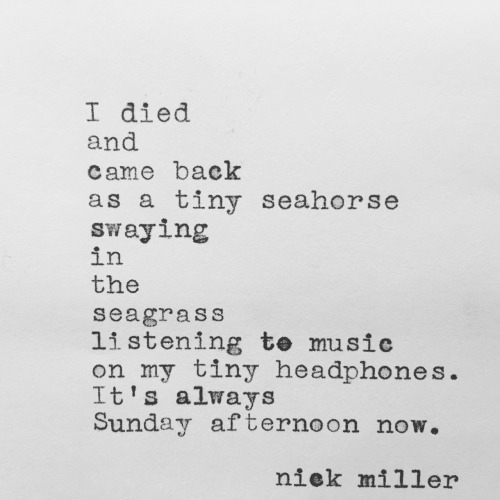Katherine Frances's Blog, page 222
June 16, 2016
dictionarycomblr:
Reality...
promptsandpointers:
If you’re not sure whether to use ‘I’...
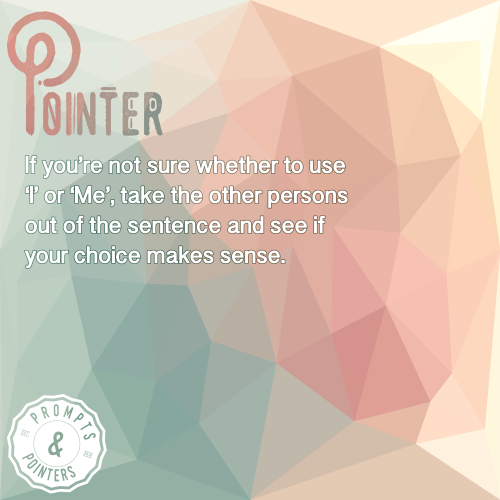
If you’re not sure whether to use ‘I’ or ‘Me’, take the other persons out of the sentence and see if your choice makes sense.
Joe and Me are going to the store.
This becomes “Me am going to the store.” Clearly, this doesn’t work, so we now will write “Joe and I are going to the store.”
I am going to the store - It all checks out.
June 15, 2016
Back to Basics Part 8: Story Lengths
We’ve talked about a lot of different things during this series, ranging from how a story is composed to literary devices to classical ideas of story. One thing we haven’t covered yet, though, is story length. Here’s what I have to say about that.
When I write, I don’t rely so much on my word counts. It is the story that matters. If I need more or less, there is time for that later.
“But Selina,” you may be thinking. “I have to write exactly 5000 words for this contest.” Or, “This publisher only accepts novel-length submissions. How do I even know what that means?”
In general, there are a few guidelines that exist for classifying your work based on word counts. Here’s the thing, though: word count for novels generally varies based on genre. For example, a contemporary book isn’t expected to have nearly as much volume as sci-fi or fantasy, for the simple reason that much less worldbuilding is required. For these reasons, they are guidelines.
But first, is your story actually a novel? Let’s take a look.
Short story: generally less than 7,500 words
Novelette: 7,500 to 17,500 wordsNovella: 17,500 to 40,000 wordsNovel: anything over 40,000 wordsNow, you may be thinking, “40,000 words? That’s a pretty small novel.” And you’d be right. Just to put this into perspective, a good calculation to use to get a general idea of word count to page numbers is to take the word count and divide by 250 (250 words per published printed page). With that calculation, you get 160 pages for a 40,000 word book. So yes, that’s a small novel. But also remember that many classic “novels” fall below the 40,000 word range (Animal Farm is just one example). So these classifications are more likely to be used in modern publishing.
At this point, you may know (or not know) that some publishers of novels expect no less than 80,000 words in a submitted manuscript (that’s 320 published pages). Why is this? Often this is due to what publishers have observed about books that sell. Readers often want to pick up a book that doesn’t seem too small on the shelf. A 160 page adult fiction novel is kind of small and unlikely to be selected. Likewise, if you get a story where the word count is too high, like, say, a 200,000 word contemporary novel, it is very unlikely someone will pick it up. It is simply an intimidating book.
So how do you know how long your book should be to have a good shot at both publishing and selling? I’ll refer you back to one of my favorite sources of writing info, Writer’s Digest. I’ll give you the TL;DR version here, but I encourage you to read it yourself.
Adult novels: 80,000 to 89,999 is recommended, but you’re probably still safe up to 99,999
Science fiction and fantasy: generally stick between 100,000 and 115,000 wordsMiddle grade: anywhere from 20,000 to 55,000, but this will depend on the subject and the specific ages in the target audience (higher aged middle grade or lower, for example)Young adult: 55,000 to 69,999 is a general place to start, but young adult is very flexible. Again, depending on the genre within your YA book, you can get away with a bit more or less.The article I provided above gives some other word counts for different types of books, but I am going to stop with these four. If you’d like some ideas on how your work’s word count compares to some more famous works, read this article from Huffington Post.
Okay, so we’ve discussed how to classify a book based on word count. We’ve gone over what the expected word count is for different genres of novels. And we’ve talked about why word count is important in the publishing world. So where do we go with that?
Here is my advice to you. Take it or leave it, but this is what works for me.
Tell the story. Tell your story first. Put sand in the box so that you have something to work with to build your castle. After you have sand in the box, you can add or remove as necessary to make your work fit however you need it to. But don’t worry about it so much during your first draft. Just tell the story.
After you’ve finished, then you might notice that your story is too long. You can’t see how to make it shorter without sacrificing important elements of character and plot. What are your options? You may want to consider breaking the book into multiple books, if you can. But I wouldn’t recommend sacrificing the story. Additionally, editors and beta readers can help you pick out parts of your novel that may not fit or recommend plot lines or characters to eliminate.
What if the count is too low? For this question, let me refer you to an ask I answered about a year ago all about increasing word count. That post will go much more into depth, since this post is already pretty long. There are plenty of ideas in there!
For now, that’s all I have for you regarding word count and story length. I hope you found this informative and helpful. The best way to give yourself a good shot at publishing and selling successfully is to arm yourself with knowledge. :)
Go forth and conquer!
Previously: Introduction - Anatomy of a Story - The Hero’s Journey - Tone and Mood - Theme - Symbolism - Common Literary Devices
adedrizils-shrine:
Messenger by CBedford
"There are words I wish I’d said to you first,
words I wanted to say to you louder,
words I should..."
There are words I wish I’d said to you first,
words I wanted to say to you louder,
words I should have said to you more often,
and words I should never have spoken at all.
So here they are;
too late,
too quiet,
not enough,
and silently written….
I love you
”- Ranata Suzuki (via wnq-writers)
June 14, 2016
Me: *creates world full of war and intrigue and deception and murder and magic and chaos*
Me: omfg what have I done how do I fix this world now
June 13, 2016
"quixotic"
- (adjective) In our list of most beautiful words, quixotic is the most romantic in every sense. To be quixotic means to be excessively romantic and chivalrous; illogical, idealistic, overall dreamy. It is viewed as an over-idealism filled with absurdity. (via wordsnquotes)

